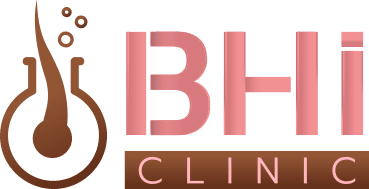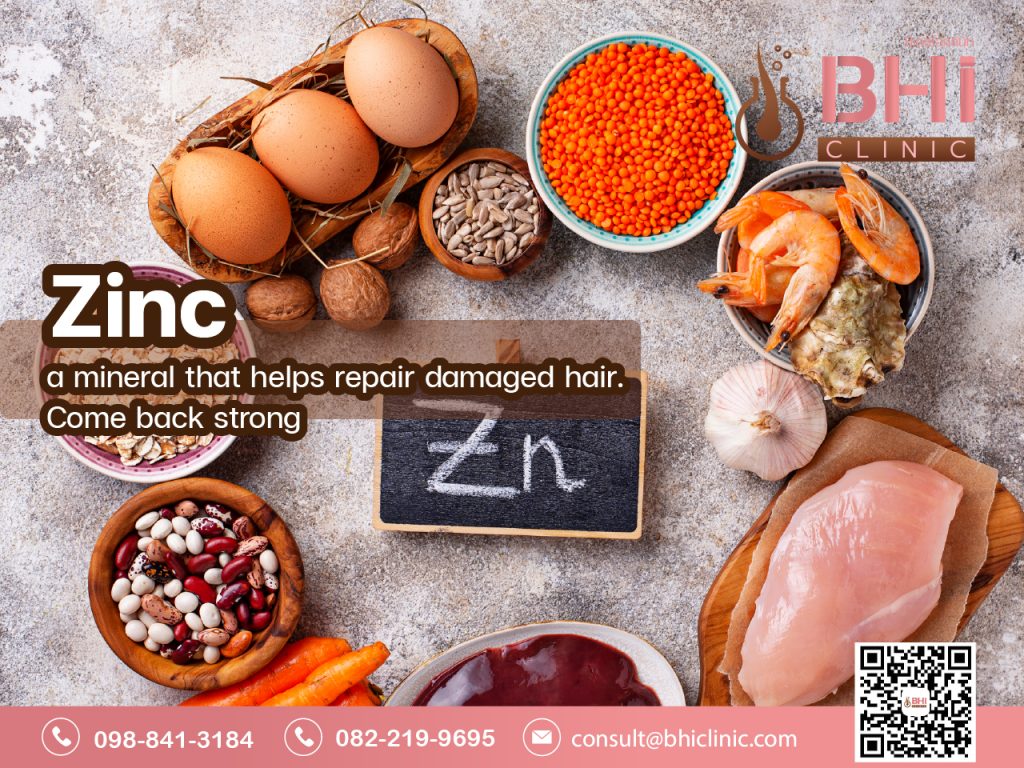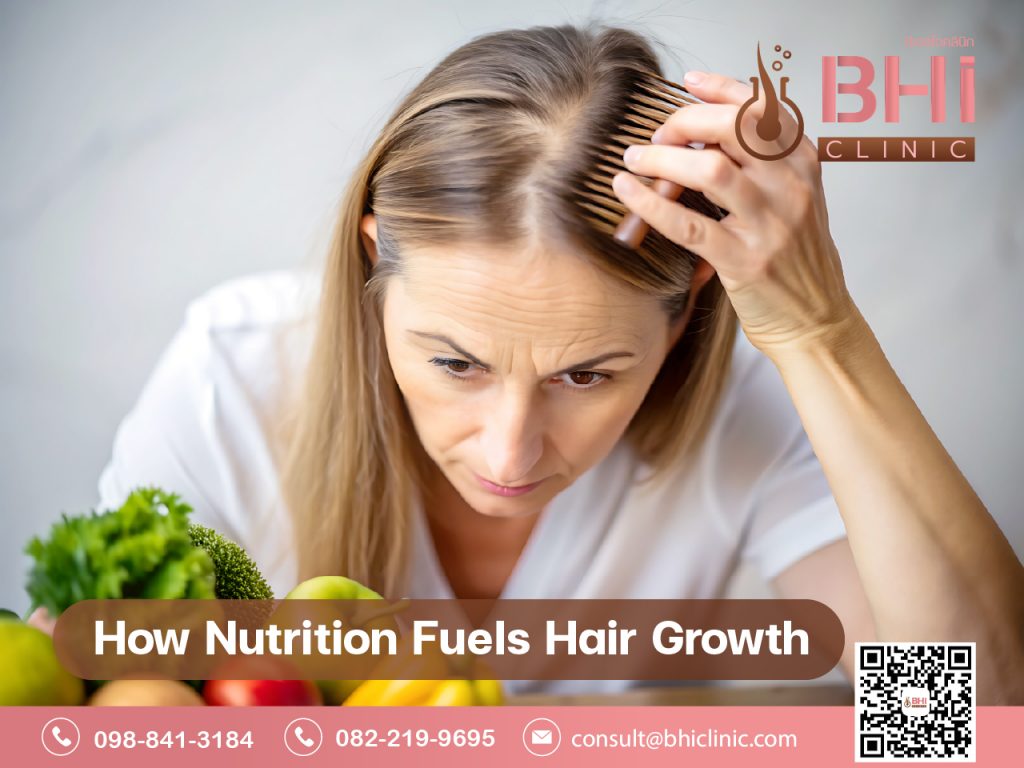Zinc is an essential mineral that plays a crucial role in numerous bodily functions, including immune system support, wound healing, and DNA synthesis. When it comes to hair health, zinc is important for maintaining the overall condition of your hair and scalp.
Zinc contributes to hair health in several ways:
- Hair Growth: Zinc is involved in the process of cell division, which includes the growth of hair follicles. A deficiency in zinc can potentially disrupt the normal growth cycle of hair follicles and lead to hair thinning or hair loss.
- Sebum Production: Sebum is the natural oil produced by your scalp, and it helps keep your hair moisturized and healthy. Zinc plays a role in regulating sebum production, and a deficiency can lead to a dry scalp and brittle hair.
- Immune Function: A healthy immune system is important for maintaining the overall health of your scalp and hair follicles. Zinc supports immune function and helps protect the scalp from infections that could impact hair health.
While zinc is important for hair health, it’s important to note that excessive zinc intake can have negative effects as well. Too much zinc can lead to imbalances in other minerals and may even contribute to hair loss. To ensure you’re getting an appropriate amount of zinc for healthy hair and overall well-being, consider incorporating zinc-rich foods into your diet. Good dietary sources of zinc include lean meats, poultry, fish, nuts, seeds, whole grains, and dairy products. If you suspect that a zinc deficiency might be contributing to your hair loss or other hair-related issues, it’s a good idea to consult with a healthcare professional. They can assess your nutritional status, recommend appropriate tests, and provide guidance on dietary changes or supplementation if necessary. Remember that hair loss can have multiple underlying causes, so a comprehensive approach is important for addressing the issue effectively.




